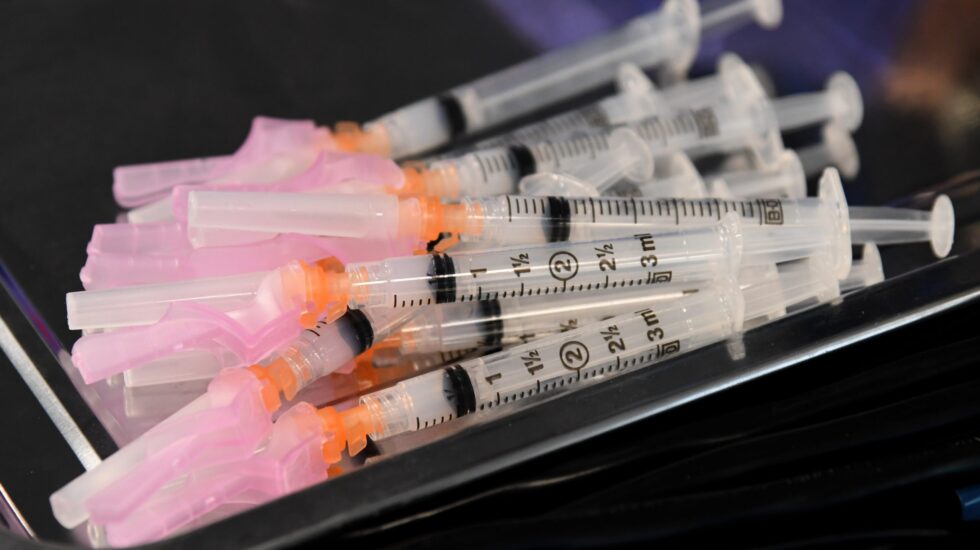Americans will need a booster shot of their COVID-19 vaccine, according to a White House announcement that is expected to be made later this week. Multiple outlets have previewed the news, citing Biden administration officials who’ve indicated that the booster shots could be distributed in September.
The additional dose is recommended 8 months after completing the full two-shot battery of either the Pfizer or Moderna jabs. A booster will likely be recommended for the single-shot Johnson & Johnson vaccine, but public health experts are awaiting the results of the company’s two-dose trial. That should come later this month.
Americans will likely be encouraged to stick with the vaccine they initially received.
“Given the high levels of immune responses observed, a booster dose given within 6 to 12 months after the primary vaccination schedule may help maintain a high level of protection against COVID-19,” Pfizer said in a statement.
“This initial data indicate that we may preserve and even exceed the high levels of protection against the wild-type virus and relevant variants using a third dose of our vaccine,” said Dr. Ugur Sahin, CEO and co-founder of BioNTech, which developed Pfizer’s vaccine. “A booster vaccine could help reduce infection and disease rates in people who have previously been vaccinated and better control the spread of virus variants during the coming season.”
The recommendations are pending Food and Drug Administration approval, also expected by the end of August. Given the initial rollout of the vaccines, health care workers, nursing home residents, and older Americans would receive the first booster shots. The immunocompromised have already been encouraged to get an additional dose.
Vaccines remain the most effective tool to fight COVID-19, but new data out of Israel suggests that the protection offered by inoculation fades over time. Two experts reviewed that date for The New York Times:
“It shows a pretty steep decline in effectiveness against infection, but it’s still a bit murky about protection against severe disease,” said Dr. Peter J. Hotez, a vaccine expert at the Baylor College of Medicine in Houston.
Dr. Jesse L. Goodman, a former chief scientist with the Food and Drug Administration who also reviewed the data, said it suggests “worrisome trends” that could signal waning of vaccine effectiveness. But he said he would like to see further detail from Israel and, more important, data indicating whether the United States is headed in the same direction.
The Washington Post adds further context on the decision to encourage Americans to seek an additional dose:
The question of boosters has become increasingly fraught as the pandemic has unfolded, with the ferocity of the delta variant surprising scientists. Data continues to accumulate suggesting that vaccines lose some anti-virus potency over time, but officials have been reluctant to highlight that fact because they are still trying to persuade broad swaths of Americans to get vaccinated — which is considered the best way to exit the pandemic. They are also not sure how much of the reduction in protection is from the passage of time and how much is attributable to the variant.
More than 198 million Americans have received at least one dose of a COVID-19 vaccine. The White House has previously indicated that it has enough shots to provide a booster to every American.



